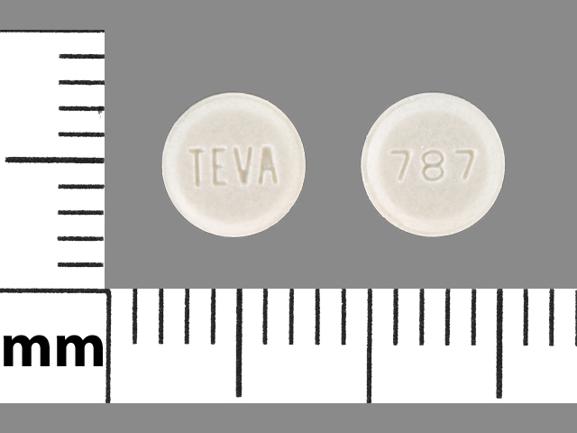Atenolol and Alcohol/Food Interactions
There are 4 alcohol/food/lifestyle interactions with atenolol.
Atenolol Alcohol (Ethanol)
Moderate Drug Interaction
Atenolol and ethanol may have additive effects in lowering your blood pressure. You may experience headache, dizziness, lightheadedness, fainting, and/or changes in pulse or heart rate. These side effects are most likely to be seen at the beginning of treatment, following a dose increase, or when treatment is restarted after an interruption. Let your doctor know if you develop these symptoms and they do not go away after a few days or they become troublesome. Avoid driving or operating hazardous machinery until you know how the medications affect you, and use caution when getting up from a sitting or lying position. It is important to tell your doctor about all other medications you use, including vitamins and herbs. Do not stop using any medications without first talking to your doctor.
Atenolol Multivitamins With Minerals
Moderate Drug Interaction
Using atenolol together with multivitamin with minerals may decrease the effects of atenolol. Separate the administration times of atenolol and multivitamin with minerals by at least 2 hours. If your doctor does prescribe these medications together, you may need a dose adjustment or special test to safely use both medications. It is important to tell your doctor about all other medications you use, including vitamins and herbs. Do not stop using any medications without first talking to your doctor.
Atenolol Food
Moderate Food Interaction
You may take atenolol with or without food, but take it the same way every time. Avoid consumption of large amounts of orange juice to prevent any changes in your atenolol levels. Orange juice could decrease the effectiveness of atenolol.
Atenolol High Cholesterol (Hyperlipoproteinemia, Hypertriglyceridemia, Sitosterolemia)
Moderate Potential Hazard, Moderate plausibility
beta-blockers - hyperlipidemia
Beta-adrenergic receptor blocking agents (aka beta-blockers) may alter serum lipid profiles. Increases in serum VLDL and LDL cholesterol and triglycerides, as well as decreases in HDL cholesterol, have been reported with some beta-blockers. Patients with preexisting hyperlipidemia may require closer monitoring during beta-blocker therapy, and adjustments made accordingly in their lipid-lowering regimen.
Atenolol drug interactions
There are 466 drug interactions with atenolol.
Atenolol disease interactions
There are 18 disease interactions with atenolol which include:
- hemodialysis
- renal dysfunction
- bradyarrhythmia/AV block
- cardiogenic shock/hypotension
- CHF
- diabetes
- hypersensitivity
- ischemic heart disease
- PVD
- cerebrovascular insufficiency
- glaucoma
- hyperlipidemia
- hyperthyroidism
- myasthenia gravis
- pheochromocytoma
- psoriasis
- tachycardia
- asthma/COPD
More about atenolol
- atenolol consumer information
- Check interactions
- Compare alternatives
- Pricing & coupons
- Reviews (274)
- Drug images
- Latest FDA alerts (1)
- Side effects
- Dosage information
- Patient tips
- During pregnancy
- Support group
- Drug class: cardioselective beta blockers
- Breastfeeding
- En español
Related treatment guides
Drug Interaction Classification
| Highly clinically significant. Avoid combinations; the risk of the interaction outweighs the benefit. | |
| Moderately clinically significant. Usually avoid combinations; use it only under special circumstances. | |
| Minimally clinically significant. Minimize risk; assess risk and consider an alternative drug, take steps to circumvent the interaction risk and/or institute a monitoring plan. | |
| No interaction information available. |
Further information
Always consult your healthcare provider to ensure the information displayed on this page applies to your personal circumstances.


